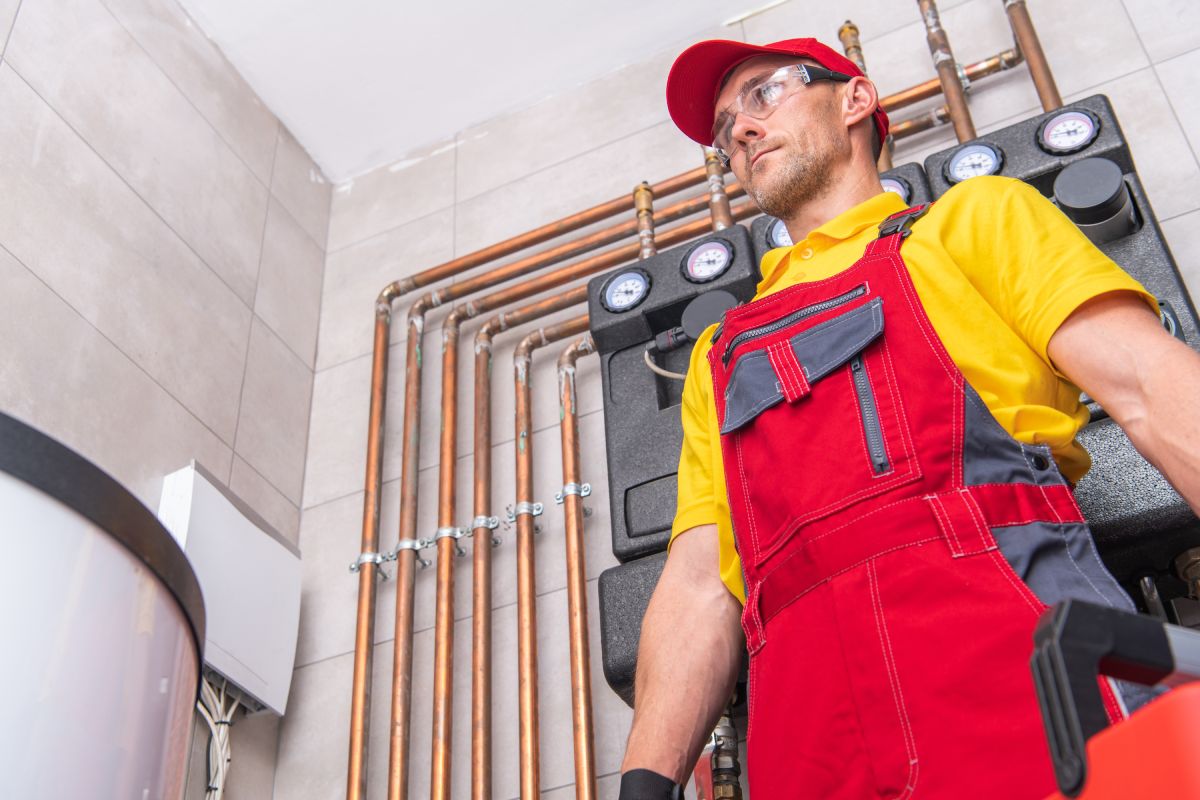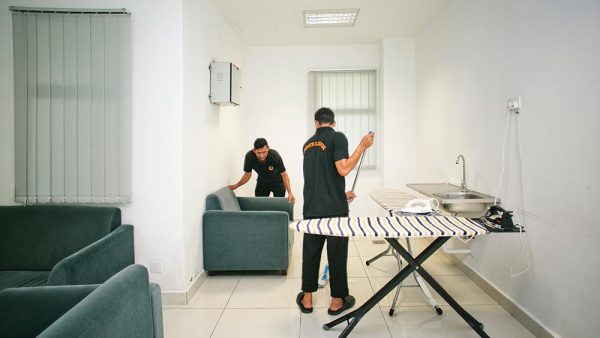Why is it called plumbing?
So why is it called plumbing? Have you ever stopped to think about the pipes and fixtures that bring clean water into your home and take away waste? That’s what we call plumbing!
The word “plumbing” comes from the Latin word “plumbum” which means lead. This is because early plumbing systems were made out of lead pipes. So that is why people called it plumbing.
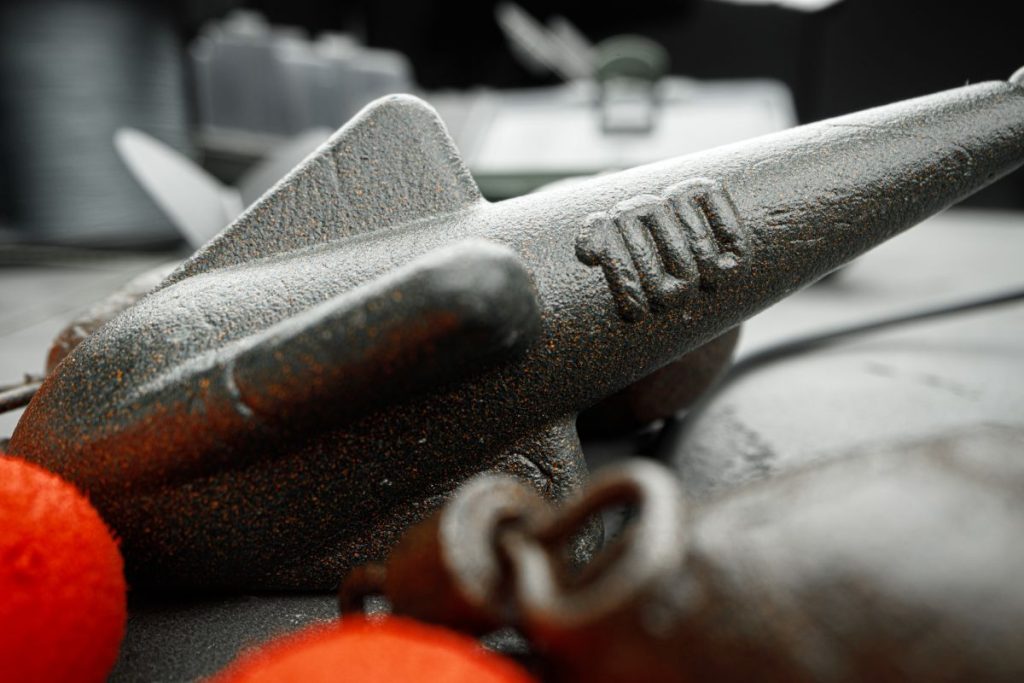
The history of plumbing dates back to ancient civilizations like the Egyptians and the Romans.
The Egyptians used copper pipes to bring water into their cities and the Romans were known for their impressive aqueducts and public baths.
The Romans even had a complex system of underground lead pipes to transport water from aqueducts to public baths, fountains and private homes.
Even the ancient Greeks had early plumbing systems in place, using clay pipes to transport water and waste.
The 19th Century: The Impact of the Industrial Revolution on Plumbing
The Industrial Revolution brought about a huge increase in population and urbanization.
This led to the development of new materials for plumbing, such as cast iron, steel, and later on, plastic.
These materials allowed for the construction of bigger and more complex plumbing systems.
One of the most important advancements in plumbing during this time was the invention of the flush toilet by Alexander Cummings in 1775. This totally changed the way people dealt with waste.
Another important development was the hot water heater invented by Benjamin Waddy Maughan in 1868, which made it possible to have hot water in buildings, making bathing and washing a lot more convenient.
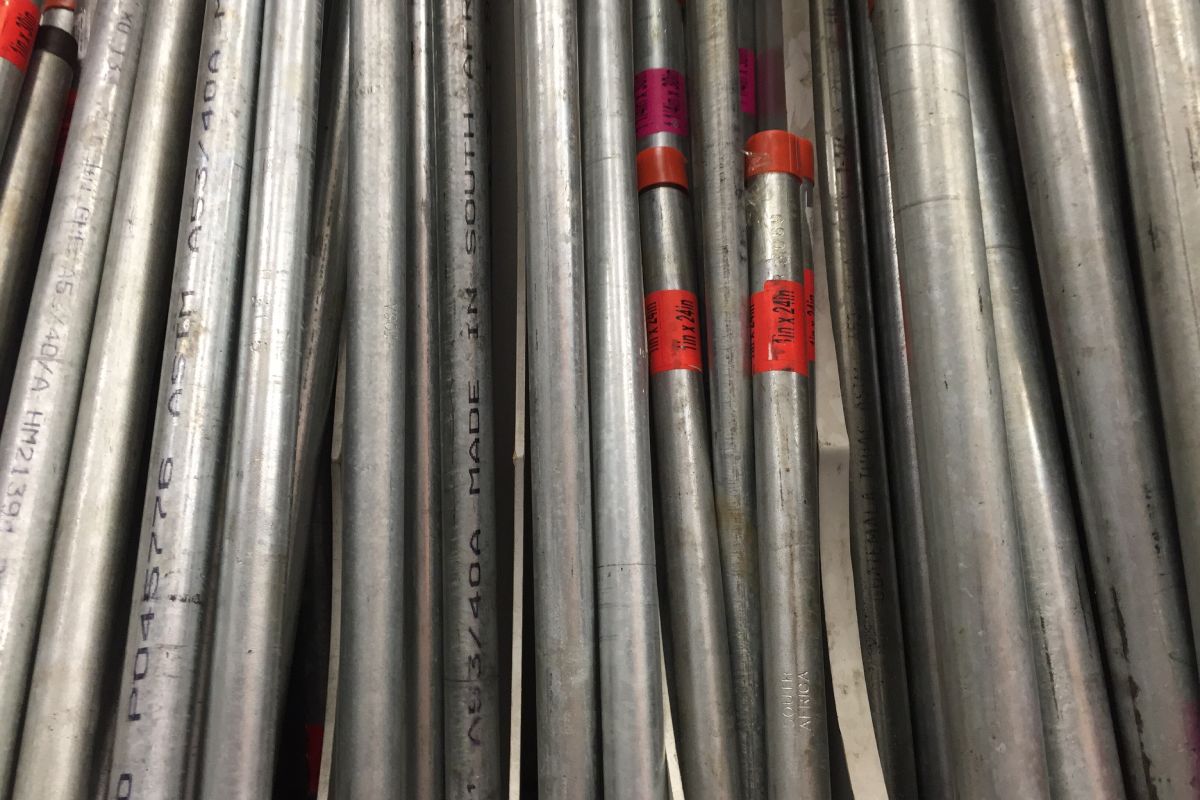
The 20th Century and Beyond
The 20th century saw even more advancements in plumbing technology, such as the development of the modern shower and the widespread use of plastic pipes.
PVC pipes, which were developed in the 1950s, were a game-changer for the plumbing industry. They were lightweight, easy to install, and resistant to corrosion.
Advances in technology also brought about more efficient water heaters, like tankless water heaters and solar-powered water heaters.
Today, plumbing is an essential part of our daily lives and plumbers play a vital role in maintaining and repairing plumbing systems. This includes installing and fixing pipes, fixtures and appliances, as well as designing and installing new plumbing systems.
What are the different types of plumbing?
Plumbing is an essential part of any building, and there are several different types of plumbing systems that are used in homes and commercial buildings. Understanding the different types of plumbing can help you make informed decisions about your own plumbing needs and choose the right plumber for your project.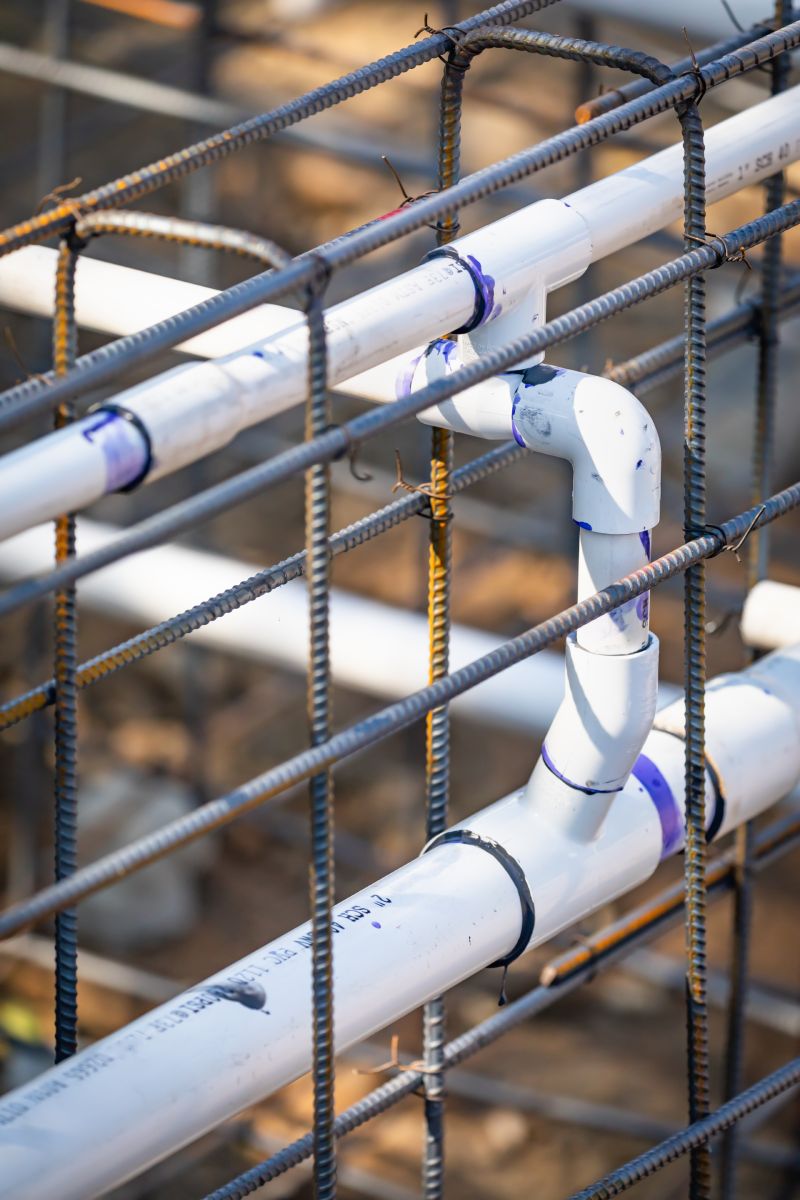
Water Supply Plumbing: This type of plumbing is responsible for bringing fresh water into the building and distributing it to different fixtures such as sinks, toilets, and showers. It typically includes a combination of pipes, valves, and fixtures that are designed to handle the pressure and flow of water. The pipes used in this type of plumbing system are usually made of copper, PVC, or PEX.
Drainage Plumbing: Drainage plumbing is responsible for carrying wastewater and sewage away from the building. It includes a network of pipes, traps, and vents that are designed to prevent odours and blockages. The pipes used in this type of plumbing are typically made of PVC or ABS.
Ventilation Plumbing: Ventilation plumbing is responsible for providing fresh air and removing stale air from the building. It includes a network of pipes and vents that are designed to maintain proper air pressure and flow in the building. This type of plumbing is crucial to ensure the safety and well-being of the building’s inhabitants.
Gas Plumbing: Gas plumbing is responsible for bringing natural gas or propane into the building and distributing it to different appliances such as stoves and water heaters. It includes a network of pipes, valves, and regulators that are designed to handle the pressure and flow of gas. The pipes used in this type of plumbing are typically made of steel or plastic.
Fire Suppression Plumbing: Fire suppression plumbing is responsible for providing water or other fire-extinguishing agents to the building in case of a fire. It includes a network of pipes and valves that are designed to activate automatically in case of a fire, providing a critical safety feature to any building.
Medical Gas Plumbing: This type of plumbing is responsible for bringing medical gases like oxygen, nitrous oxide, and vacuum to the building and distributing it to the patient. This type of plumbing is usually found in hospitals and other medical facilities.
Irrigation Plumbing: Irrigation plumbing is responsible for bringing water to lawns and gardens. It includes a network of pipes, valves and sprinklers that are designed to distribute water in a controlled manner, making it perfect for landscapes and gardens.
Swimming Pool Plumbing: Swimming pool plumbing is responsible for bringing water to the swimming pool and distributing it to various components such as filters, heaters, and cleaning systems. This type of plumbing is essential for the proper functioning of swimming pools, whether it is for residential or commercial use.
It is important to note that each type of plumbing has its own set of specific requirements and codes that must be followed to ensure proper function and safety. Therefore, it is crucial to hire a licensed and experienced plumber who is well-versed in the type of plumbing you need to be installed or repaired.
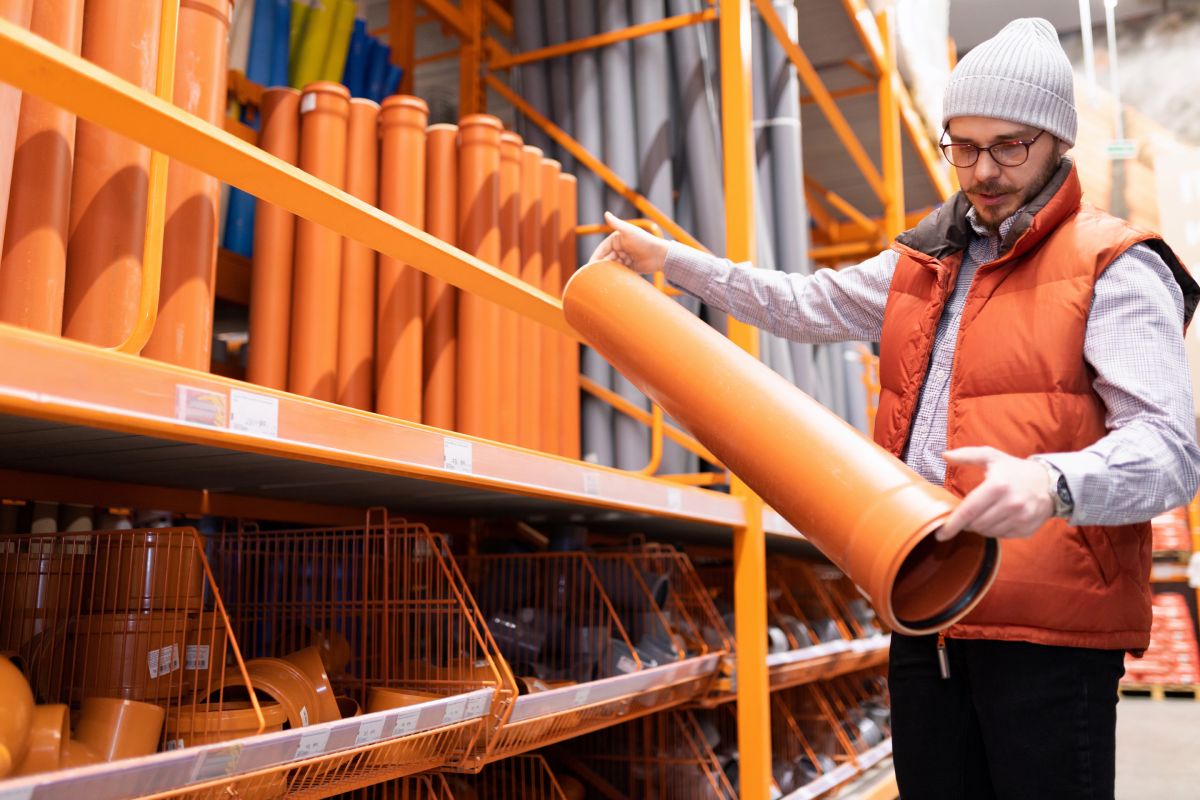
What skills do plumbers need?
To be a successful plumber, a variety of skills are needed, including both technical and non-technical abilities.
Technical Knowledge: Plumbers must have a thorough understanding of the various types of plumbing systems and how they work. They should be able to read and interpret blueprints, schematics, and other technical documents to determine the best course of action for a particular project. They must also be familiar with local building codes and regulations and know how to properly install and maintain plumbing systems that comply with these codes.
Problem-solving Skills: Plumbing systems can be complex and may require troubleshooting and problem-solving skills to identify and fix issues. Plumbers must be able to diagnose problems and come up with effective solutions. They should also be able to think critically and creatively to find innovative solutions to challenging problems.
Physical Stamina and Dexterity: Plumbing work can be physically demanding, and plumbers must be able to work in tight spaces, such as crawl spaces and attics. They may also have to lift and carry heavy equipment and supplies. Plumbers must also have good hand-eye coordination and dexterity to work with small parts and tools.
Communication Skills: Plumbers must be able to communicate effectively with clients, colleagues, and other tradespeople to ensure that projects are completed on time and to the satisfaction of the customer. They should be able to explain technical information in a way that is easy for non-experts to understand.
Attention to detail: Plumbers must be able to pay attention to detail when installing, maintaining or repairing plumbing systems. They should be able to identify and correct minor issues before they turn into major problems. This attention to detail is especially important when working on complex and high-stakes projects, such as gas or medical gas systems.
Time management: Plumbers must be able to manage their time effectively, to ensure that projects are completed on schedule. They should be able to prioritize tasks and work efficiently to minimize downtime. They should also be able to work under pressure and meet tight deadlines.
Ability to work under pressure: Plumbing work can be unpredictable, and plumbers must be able to work well under pressure. They should be able to adapt to changing circumstances and handle unexpected challenges.
Safety awareness: Plumbers must be aware of the potential hazards associated with plumbing work and take appropriate safety precautions. They should be familiar with proper safety procedures and use personal protective equipment as required.
Continuous Learning: The plumbing industry is constantly evolving and new technologies are being introduced. Plumbers must be willing to continuously learn and adapt to new technologies and methods to keep up with the industry changes.
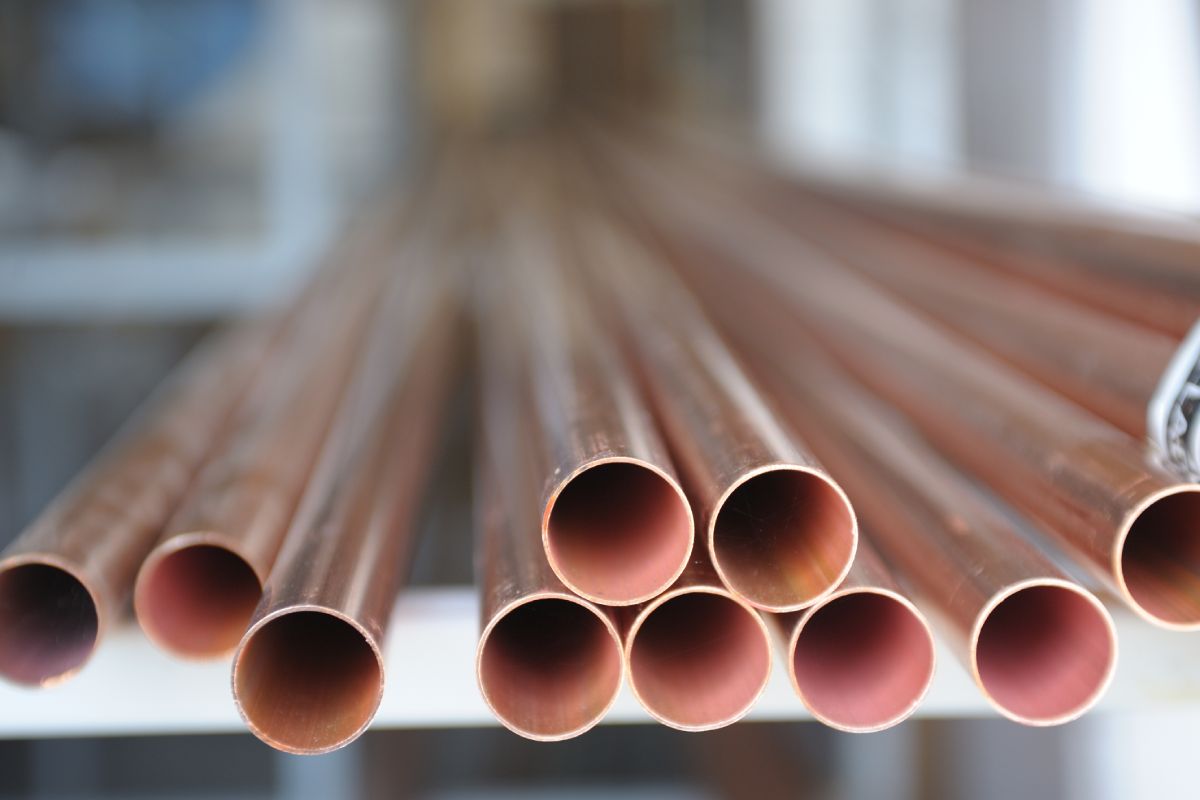
Conclusion
The history of plumbing dates back to ancient civilizations and has evolved over time with new technologies and materials.
The 19th century saw the development of new materials and technologies for plumbing, like cast iron, steel and plastic, which allowed for the construction of bigger and more complex plumbing systems.
The invention of the flush toilet and hot water heater were major advancements during this time.
plumbing is a complex and essential system that is responsible for bringing fresh water, removing wastewater and sewage, providing fresh air, bringing natural gas and propane, fire suppression, medical gases, and irrigation water.
Understanding the different types of plumbing can help you make informed decisions about your own plumbing needs and choose the right plumber for your project.
From water supply plumbing to medical gas plumbing, each type has its own set of specific requirements and codes that must be followed to ensure proper function and safety.
Being a plumber requires a combination of technical knowledge, problem-solving skills, physical stamina and dexterity, communication skills, attention to detail, time management, the ability to work under pressure, safety awareness, and a willingness to continuously learn and adapt to new technologies.
These skills are necessary to ensure that plumbing systems are properly installed, maintained, and repaired, keeping homes, businesses and other buildings safe and functional.
Additionally, plumbers should be licensed and insured, and have the appropriate certifications and training to perform the work they are undertaking.
With these skills and qualifications, plumbers can be an essential part of any construction or maintenance project, and help keep our buildings running smoothly.
Therefore, it is crucial to hire a licensed and experienced plumber who is well-versed in the type of plumbing you need to be installed or repaired.
Today, plumbing is an essential part of our daily lives and continues to evolve with new technologies and materials, making it more efficient, reliable, and cost-effective.

